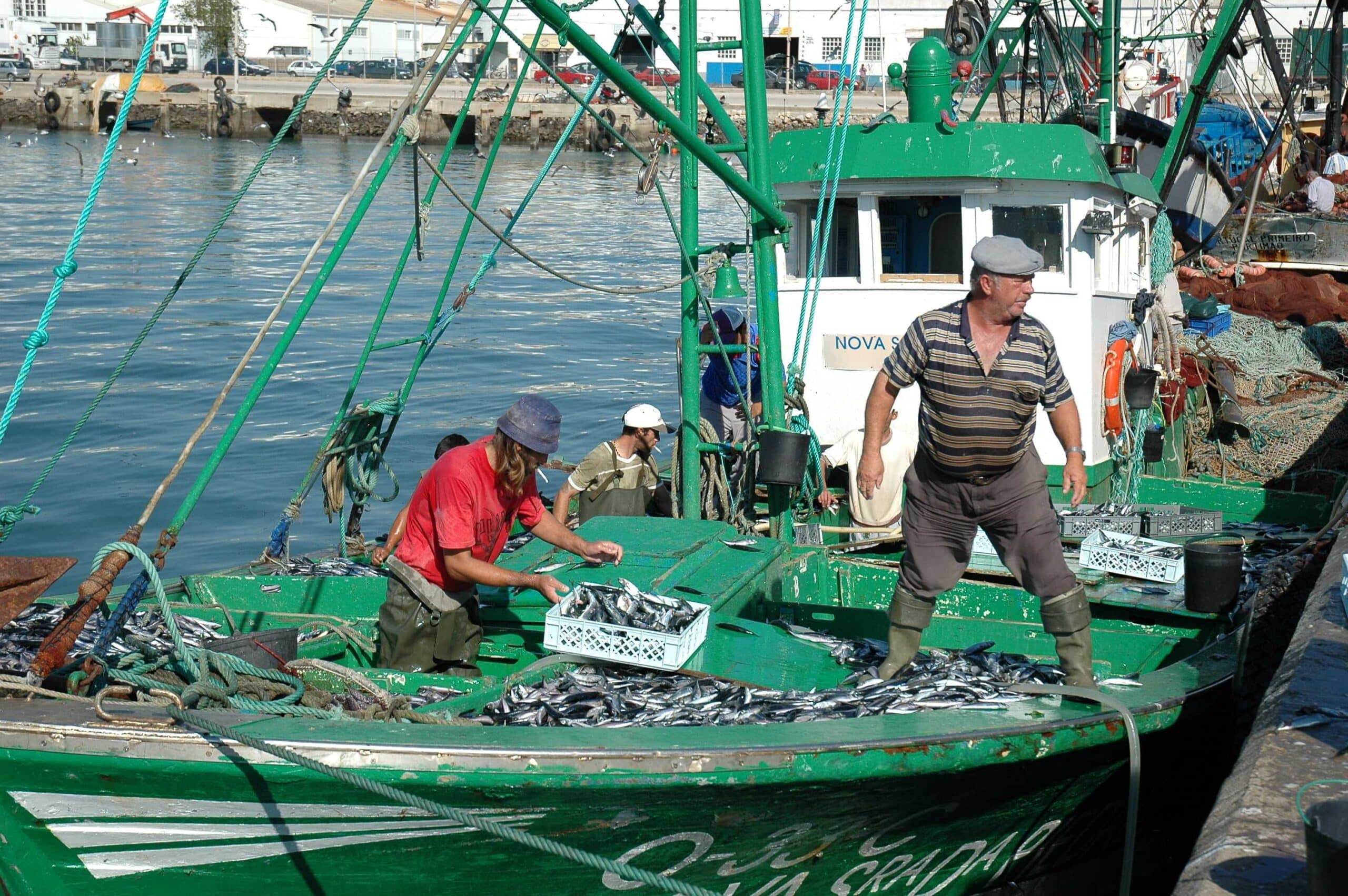In some cases, boats are forced to wait for high tides to enter ports
Fishermen in the Algarve are concerned about the lack of safety conditions at the entrances of regional ports, which are in dire need of dredging works which should already have started in 2023.
National news agency Lusa has spoken to representatives from several fishermen’s associations, all of whom expressed their worries about the current situation.
In some cases, the dredging works are so badly needed that fishing boats are forced to wait for high tides to enter the ports.
“The dredging has yet to start, and along the coast the safety conditions are worsening, with the most serious cases being the channels of Tavira and Fuseta,” said Alberto Miguel Cardoso, president of the Algarve Fishing Organisation, also known as Olhão Pesca.
The Olhão Pesca leader, which represents the owners of 184 vessels, recalled that the former Port and Maritime Transport Institute used to have a dredger “working all year round” in the Algarve, making sure that navigations channels were safe.
“Maintenance was constant. We should return to the past methods, and the administration managing the channels should have the capacity to dredge as it sees fit,” he said, considering that the €6.9 million approved by the government to carry out dredging and maintenance works between 2023 and 2026 in the Algarve “is not enough” to dredge even two navigation channels.
The resolution approved in a Council of Ministers meeting last August identified the fishing and recreational boating ports in the region that require intervention: Baleeira (Vila do Bispo), Lagos, Alvor (Portimão), the fishing port, shipyards, and Ferragudo area (Lagoa), Albufeira, Vilamoura, and Quarteira (Loulé), Faro – with the exception of the commercial port area and access channel – Olhão, Fuseta (Olhão), Tavira, and the channels of Santa Luzia and Cabanas (Tavira).
Sónia Olim, from the Fuseta Fishingboat Owners Association, agrees that “there should be a dredger working continuously”.
“It’s no use having occasional dredging because after a few years, we have the same problem again,” she said, adding that “when the tide is low, boats cannot enter or leave Fuseta and they remain stranded in the channel”.
In the western Algarve, where the coastline is rockier, Lagos’ Meia Praia is identified as responsible for the silting of this local channel.
“With climate change and the increase in southeast winds (coming from North Africa), after four or five months, the sand from Meia Praia causes problems again at the channel, preventing many boats from unloading at the (fish) auction at any time,” said Fábio Mateus, from Barlapescas.
In this case, dredging is not viewed as a solution. As Mateus explained, it “does not solve the problem”, and authorities would be better off “extending the length of the breakwaters in Lagos.”
The Council of Ministers resolution decided that €60,000 would be allocated for the authorised dredging works in 2023, followed by €2 million for 2024, €2.5 million for 2025 and €2.3 million for 2026. For now, however, the works remain in the pipeline.
Source: LUSA




















